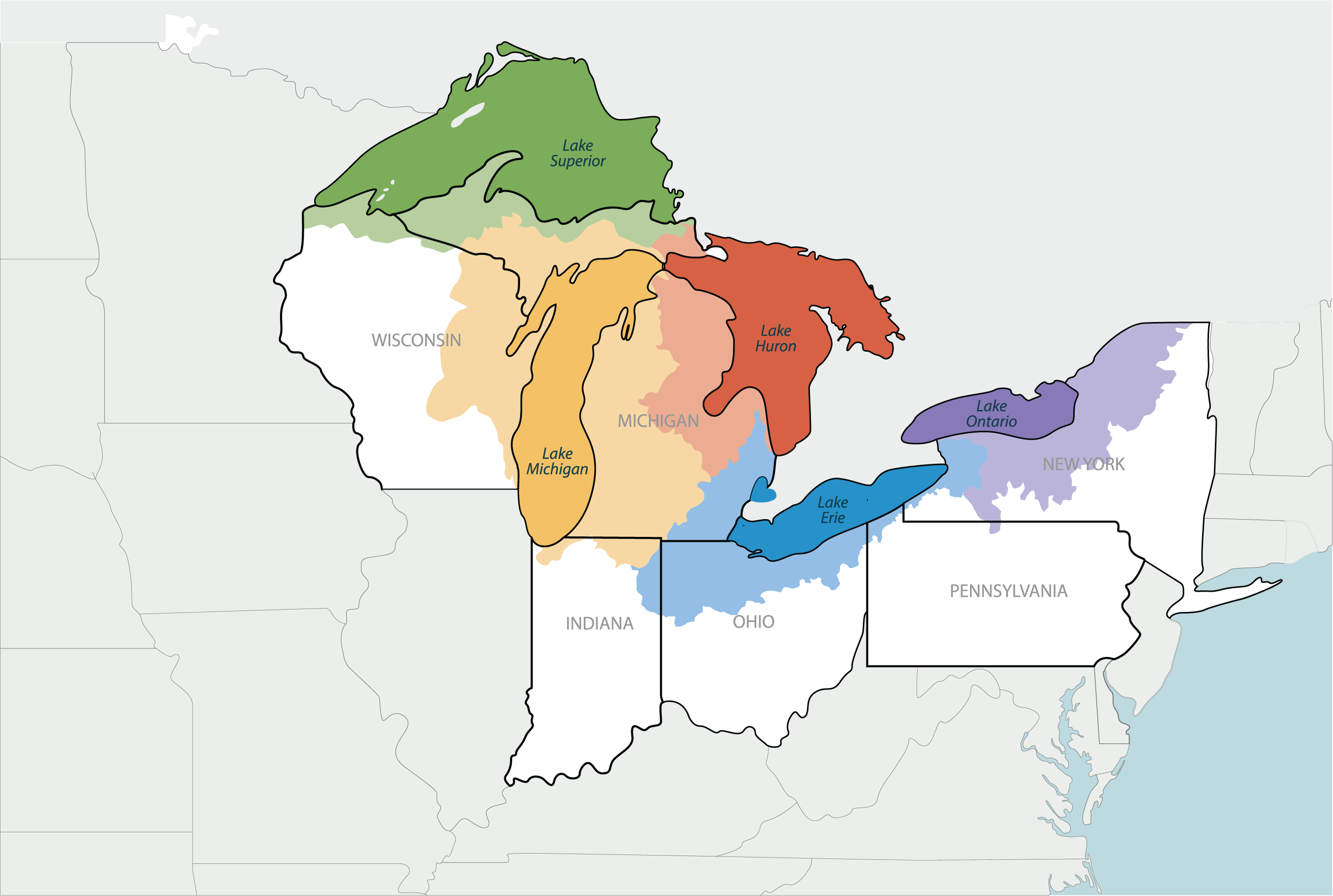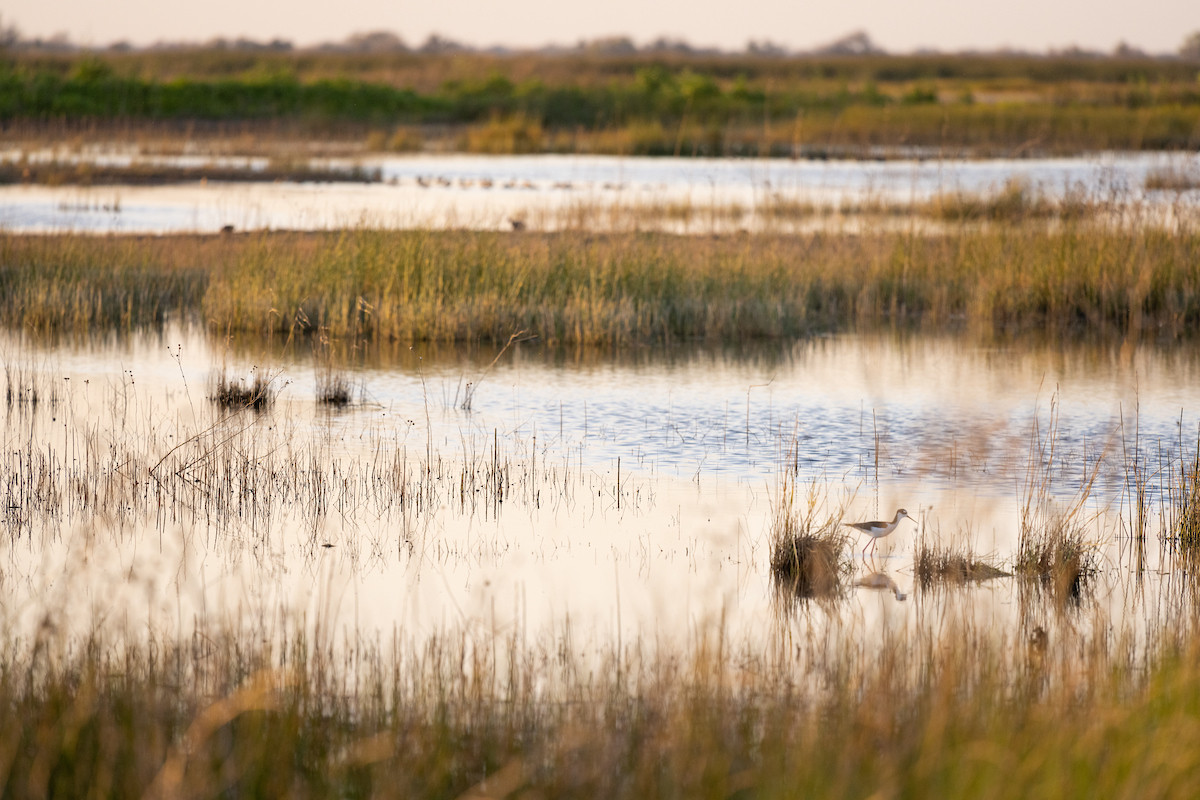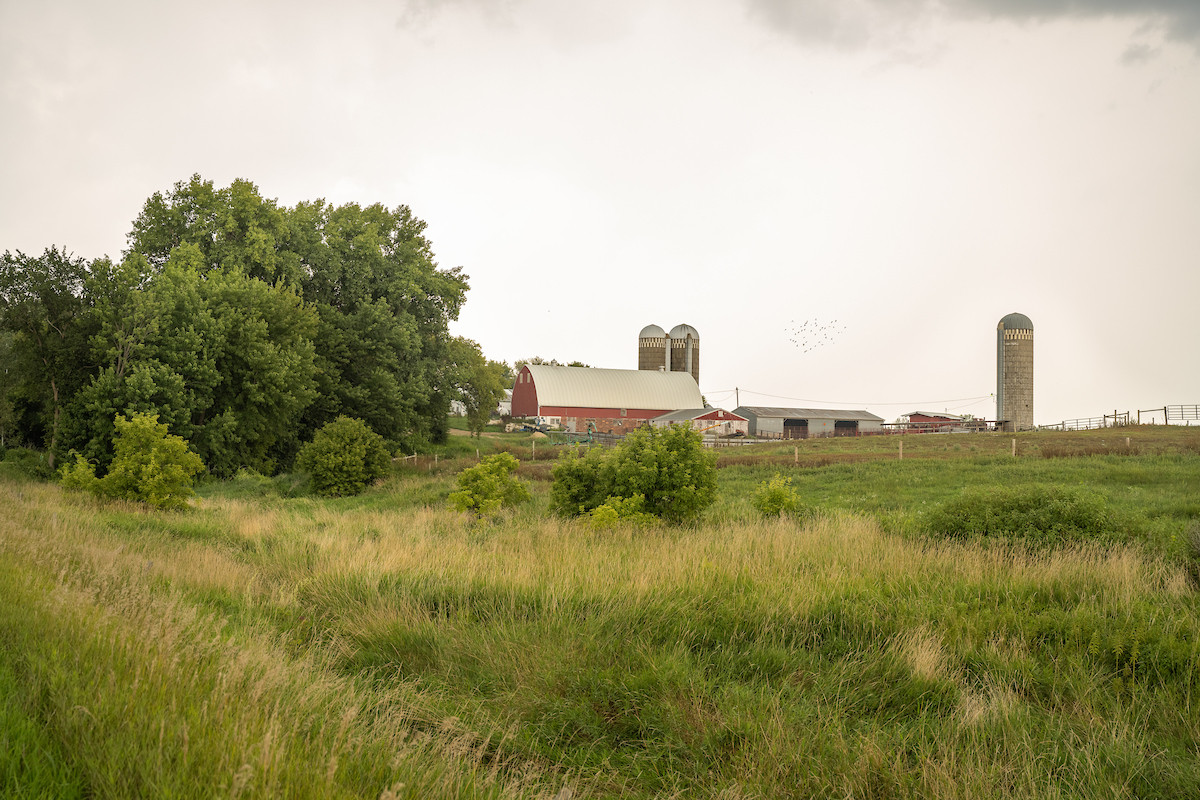Name, Pronouns: Daniel Marbury, he/him
Organization: Crosshatch Center for Art and Ecology
Title: Program Coordinator
1. Where in the Great Lakes region do you work?
I work in Northwest Lower Michigan. Our focus is on counties like Antrim, Benzie, Charlevoix, Cheboygan, Emmet, Grand Traverse, Kalkaska, Leelanau, Manistee, Missaukee, and Washtenaw.
2. What brought you to this work? What is your connection to agriculture or to the watershed?
I came to this work through years of helping build community around farming and ecology in Northwest Michigan. At Crosshatch, I’ve worked on projects that range from supporting beekeeping guilds and small-scale poultry processing to hosting the Northern Michigan Small Farm Conference, where over a thousand farmers have gathered to learn from one another. Much of my work is about creating spaces where people share practical skills—like perennial crop cultivation, renewable energy on farms, and climate-smart practices—that directly benefit soil health and water quality in our watershed. Living and working here has made it clear to me how closely farming, clean water, and community resilience are tied together, and that connection continues to inspire my work.
3. What is your area of expertise? In what ways do you typically work with farmers and farmland owners?
I specialize in peer-to-peer facilitation, mutual aid practice, and nurturing connections and support between neighbors. Most of my work with farmers happens through field schools, workshops, and small group learning. We often use low-cost, do-it-yourself approaches that help farmers improve their operations while caring for the land.
4. How are you hoping to grow from your experience as a Great Lakes Farm Navigator?
I’m hoping to deepen my skills in one-on-one support for farms in transition, whether within their own life or in the context of the ecosystem life around them. I’m happy to work with others who are skilled and committed to helping farmers address real challenges like land access and long-term resilience. I’d like to become more confident in asking about tough issues and connecting farmers with resources and communities of support. This program feels like a chance to strengthen both my skills and our region’s farming network.
5. What is one piece of advice you have for farmers who are looking to transfer their farm to a new generation? Or do you have advice for farmers entering agriculture and seeking access to land?
For farmers planning to transfer their land, my advice is to start early and explore creative options—succession doesn’t have to look just one way – consider ways that an artful approach, a long-view of culture, and your surrounding community can be involved in the process. For new farmers, I’d encourage focusing on building strong relationships and networks. Often, the best opportunities for land and support come from community connections.












